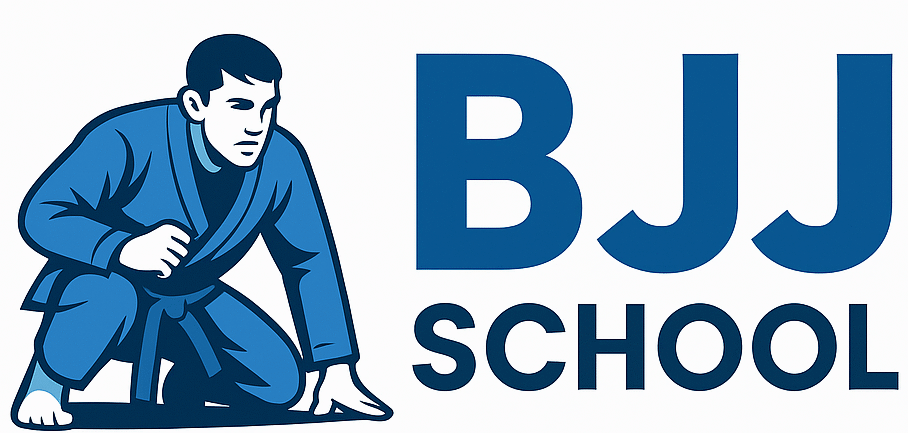The achievement of a black belt represents a paradox in martial arts tradition. Contrary to popular perception, this rank marks not mastery but rather the beginning of genuine understanding. Modern media portrays black belts as ultimate fighters with extraordinary powers, yet authentic practitioners recognize this milestone as merely foundational. The belt signifies sufficient technical proficiency to initiate deeper exploration of martial principles. Behind this symbol lies a philosophy that transcends combat skill—one that emphasizes character development, humility, and the lifelong commitment to improvement.
The Black Belt Paradox: Beginning, Not Ending
Misconception permeates the public understanding of what earning a black belt truly signifies in martial arts. The paradox lies in its representation not as culmination, but as genesis.
In Japanese traditions, shodan (first-degree black belt) translates literally to “beginning degree,” marking one’s first step as a serious practitioner.
This beginner mindset distinguishes authentic martial artists from dilettantes. The black belt symbolizes sufficient technical foundation to commence deeper learning.
Masters emphasize this journey perspective, noting that true development accelerates after black belt attainment when fundamentals no longer impede progress. The student, freed from basic technique acquisition, begins exploring nuanced applications and philosophical dimensions of their art.
Misconceptions Perpetuated by Popular Culture
Popular media has propagated a fundamentally flawed portrayal of black belts as invincible combatants possessing mystical abilities. Films and television systematically exaggerate practitioners’ capabilities, depicting improbable feats like breaking numerous bricks or defeating multiple armed opponents effortlessly.
These black belt myths distort public understanding of authentic martial arts training. Media portrayal typically ignores the years of dedicated practice, philosophical development, and technical refinement that legitimate rank represents.
Instead, entertainment sources emphasize supernatural powers and unattainable combat prowess. This misrepresentation creates unrealistic expectations for students and practitioners alike, undermining the discipline’s emphasis on continuous improvement rather than achieving mythologized destructive capabilities.
The Philosophy of Continuous Learning in Martial Arts
Humility forms the cornerstone of authentic martial arts training, directly countering the finality implied by black belt attainment.
Traditional martial arts philosophy emphasizes that rank represents a milestone rather than a destination.
The concept of “shoshin” (beginner’s mind) permeates advanced training, where practitioners approach each session with openness despite their technical proficiency.
This mindful practice reinforces that mastery exists as a theoretical horizon—always pursued but never fully reached.
A black belt signifies the beginning of a deeper, more nuanced lifelong journey.
Practitioners understand that technical growth becomes increasingly subtle, with development measured not merely in techniques acquired but in conceptual depth and philosophical integration.
Beyond Technical Skill: Character Development and Black Belt Responsibility
Integrity forms the foundation upon which authentic black belt status rests, transcending mere physical proficiency.
This achievement represents an individual who embodies character integrity through consistent actions both inside and outside the dojo. The practitioner demonstrates leadership qualities by serving as an exemplar for junior students, assuming responsibility for transmitting technical knowledge while modeling ethical conduct.
Traditional martial arts systems evaluate black belt candidates not solely on technical execution but equally on their moral development.
This holistic assessment reflects the classical understanding that advanced rank signifies one who has cultivated inner discipline alongside external skill—a practitioner whose technical ability remains inseparable from their ethical maturity.
Learning More After Black Belt: The Deeper Journey
What most practitioners discover upon earning their black belt is that they have merely completed the foundational phase of their martial arts education.
The deeper journey begins as they explore advanced techniques that were previously inaccessible, requiring the integrated understanding that only experience provides.
At this stage, many black belts shift into mentoring others, discovering that teaching becomes a profound learning experience itself.
Through explaining concepts to beginners, they refine their own understanding and identify subtle gaps in their knowledge.
This phase represents martial arts’ true essence—continuous growth, humility in expertise, and the realization that mastery is an asymptotic pursuit rather than a destination.

